On September 3…
“In these days of wars and rumors of wars – haven’t you ever dreamed of a place where there was peace and security, where living was not a struggle but a lasting delight?”
~Frank Capra
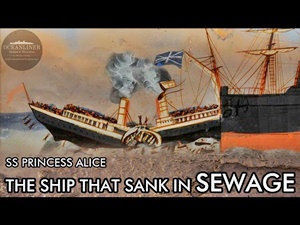
1878 – SS Princess Alice, a British passenger paddle steamer sank after a collision with cargo ship SS Bywell Castle on the River Thames.
Between 600 and 700 people died, all from Princess Alice, the greatest loss of life of any British inland waterway shipping accident.
The ending was, um, disgusting. This video is not for the squeamish. You have been warned.
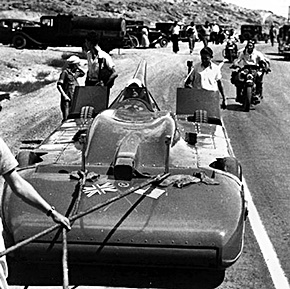
1935 – Sir Malcolm Campbell reached a speed of 304.331 miles per hour on the Bonneville Salt Flats in Utah, becoming the first person to drive an automobile over 300 mph.
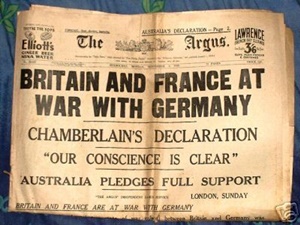
1939 – France, the United Kingdom, New Zealand and Australia declared war on Germany after the invasion of Poland, forming the Allied nations.
The United Kingdom and France also began a naval blockade of Germany that lasted until the end of the World War II. This marked the beginning of the Battle of the Atlantic.

1970 – Vince Lombardi, Hall of Fame football coach considered by many to be among the greatest coaches in American sports history, died of cancer at the age of 57.
He is best known as the head coach of the Green Bay Packers during the 1960s, where he led the team to three straight and five total NFL Championships in seven years, in addition to winning the first two Super Bowls.

1970 – Al ‘Blind Owl’ Wilson, guitarist and vocalist with Canned Heat, died from a drug overdose at the age of 27.
Although he was best known as a gifted slide guitarist and harmonica player, Wilson was the lead singer for the group’s two biggest U.S. hit singles: Going Up The Country and On The Road Again.
The nickname “Blind Owl” was due to his extreme nearsightedness, roundish facial features and scholarly nature.

1976 – The unmanned U.S. spacecraft Viking 2 landed on Mars to take the first close-up, color photographs of the planet’s surface.
The lander was powered by radioisotope generators and operated on the surface until its batteries failed on April 12, 1980.
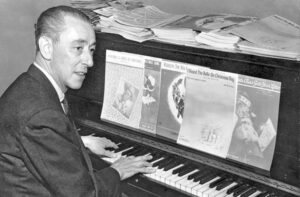
1985 – Songwriter Johnny Marks died of complications from diabetes at the age of 75.
Marks specialized in Christmas songs and wrote many holiday standards, including Rudolph The Red-Nosed Reindeer, Rockin’ Around The Christmas Tree, A Holly Jolly Christmas, Silver and Gold, and I Heard The Bells On Christmas Day.

1991 – Frank Capra, multi Academy Award winning director and producer, died of a heart attack at the age of 94.
He was nominated for Best Director six times, winning three: It Happened One Night, and You Can’t Take It With You.
In case you’re wondering, he was also nominated for (but lost) for these classic films: Lady For A Day, Mr. Smith Goes To Washington, and It’s A Wonderful Life.

2010 – Mike Edwards, cellist with Electric Light Orchestra, died at the age of 62 in a freak accident.
Edwards, who left ELO in 1975 to become a practicing Buddhist – and adopted the name Swami Deva Pramada – was killed instantly when a bale of hay weighing 1,300 pounds rolled down a hillside and gathered momentum before flipping over a hedge and landing on the front cab of his white van.
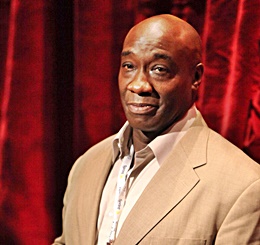
2012 – Actor Michael Clarke Duncan died of respiratory failure after suffering a heart attack. He was 54.
He was best known for his role as John Coffey in The Green Mile in 1999, for which he was nominated for the Academy Award for Best Supporting Actor.

2017 – Walter Becker, guitarist, vocalist and songwriter with Steely Dan, died of esophageal cancer at the age of 57.
Rock Factoid: Becker and Steely Dan collaborator Donald Fagen formed several bands in college, including one, the Leather Canary, which included classmate and future Saturday Night Live star Chevy Chase on drums.
Compiled by Ray Lemire ©2024 RayLemire.com / Streamingoldies. All Rights Reserved.